Can Will Smith make it back after Oscars slapgate?
The actor’s new film ‘Emancipation’ is being released on Apple TV+ this week – it’s his first since he slapped Chris Rock on stage at the Oscars in March. Geoffrey Macnab looks at Smith’s chances of redemption, and says, with his star-pulling power, it won’t take him long to win back the public’s trust
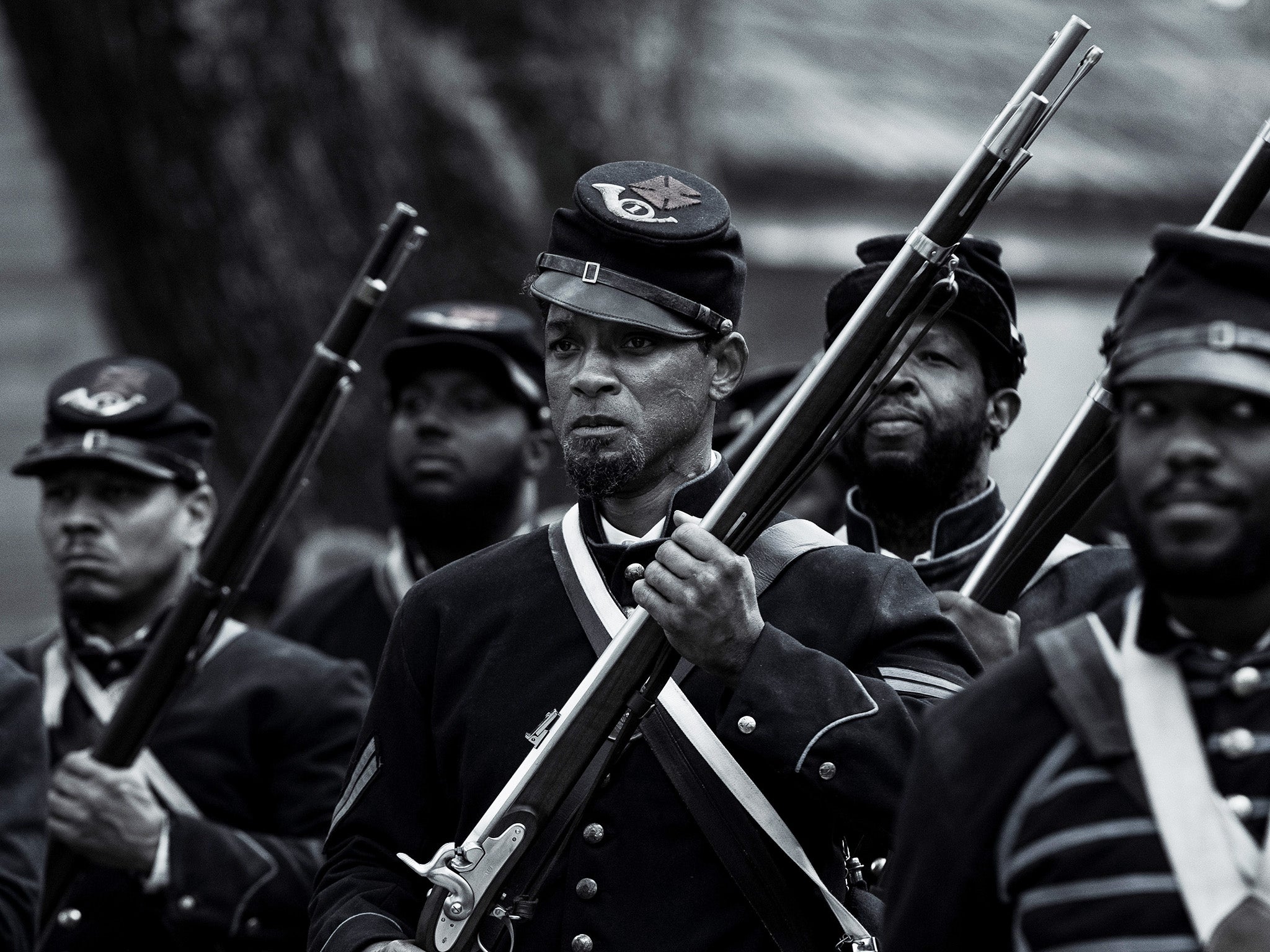
In normal circumstances, the awards momentum would now be building fast behind Antoine Fuqua’s Emancipation. The new $130m (£106.43) drama stars, and is produced by, Oscar winner and box office darling Will Smith in one of his most challenging roles, as a slave in 1860s Louisiana. It sees Apple, which became the first streaming service to win a Best Picture Oscar earlier this year with Coda, making its biggest splash yet with a full blown historical epic.
These, though, aren’t normal circumstances. Emancipation is Smith’s first “post-slap” movie release. Nine months have passed since the enraged star marched on stage and smacked comedian Chris Rock in the face. The moment he did so, opprobrium rained down on him. One of Hollywood’s favourite sons turned in an instant into a near pariah. He resigned from the Academy of Motion Picture Arts and Sciences (AMPAS) shortly after the incident – and was banned from attending the Oscars for 10 years.
The questions now are when the world will forgive him, how his peers in the film industry currently regard him and whether movies in which he appears have any chance of critical or commercial success. Early signs are that Emancipation has been caught up in the ongoing backlash against Smith.
“I believe that in another world, another time, another place when the slap didn’t happen, he [Smith] would be [Oscar] nominated for this,” Anne Thompson, editor-at-large at film industry website Indiewire, tells me. “I think it is a very strong performance in a very good movie… it would have happened but because of the slap, it isn’t going to happen.”
Every critic writing about the new film has invoked the fateful moment at this year’s ceremony when Smith reacted so furiously to Rock’s joke about his partner, Jada Pinkett Smith. The movie itself has received mixed reviews. The Independent’s two-star review described it as “primarily a film concerned with individual heroism to a near-mythic extent” and asked: “How can that ever sit right with a historical trauma [slavery] still viciously pumping through America’s bloodstream?”
Others have questioned Fuqua’s use of narrative styles that don’t always blend together well. This is at once a solemn period drama addressing the trauma of slavery and a grindhouse-style action movie with characters and incidents familiar from countless revenge westerns and thrillers.
In the film, Smith plays Peter, a slave during the American Civil War. In the brutal opening scenes, he is dragged away at gunpoint from the plantation where he lives with his family to work on a Confederate railroad being built deep in the swamps.
This is a dark and apocalyptic film, shot in monochrome, but with flashes of red seeping into the frame during the many scenes of blood-curdling violence. The Confederates treat the slaves worse than animals. When Peter and a few others escape the camp and flee across the swamp, they are pursued by the implacable slave hunter, Fassel, played by Ben Foster, who looks even meaner than Lee Van Cleef in a spaghetti western.
Emancipation is exposing the horrors of white racism – it’s inspired by the real life story of escaped slave “Whipped Peter” who was photographed in 1863 with horrific welts and wounds on his back. However, it is also a chase movie and has elements of a survival thriller. Smith’s Peter evades bullets, brushes off snakes, hides up trees, wrestles alligators, braves swarms of bees and smears his body in mud and onion rind to throw the dogs off his scent. If Peter can make it to Baton Rouge and find the Union army, he should be safe. President Lincoln has already issued his 1863 “Emancipation Proclamation” that those held as slaves “are, and henceforward shall be free”.
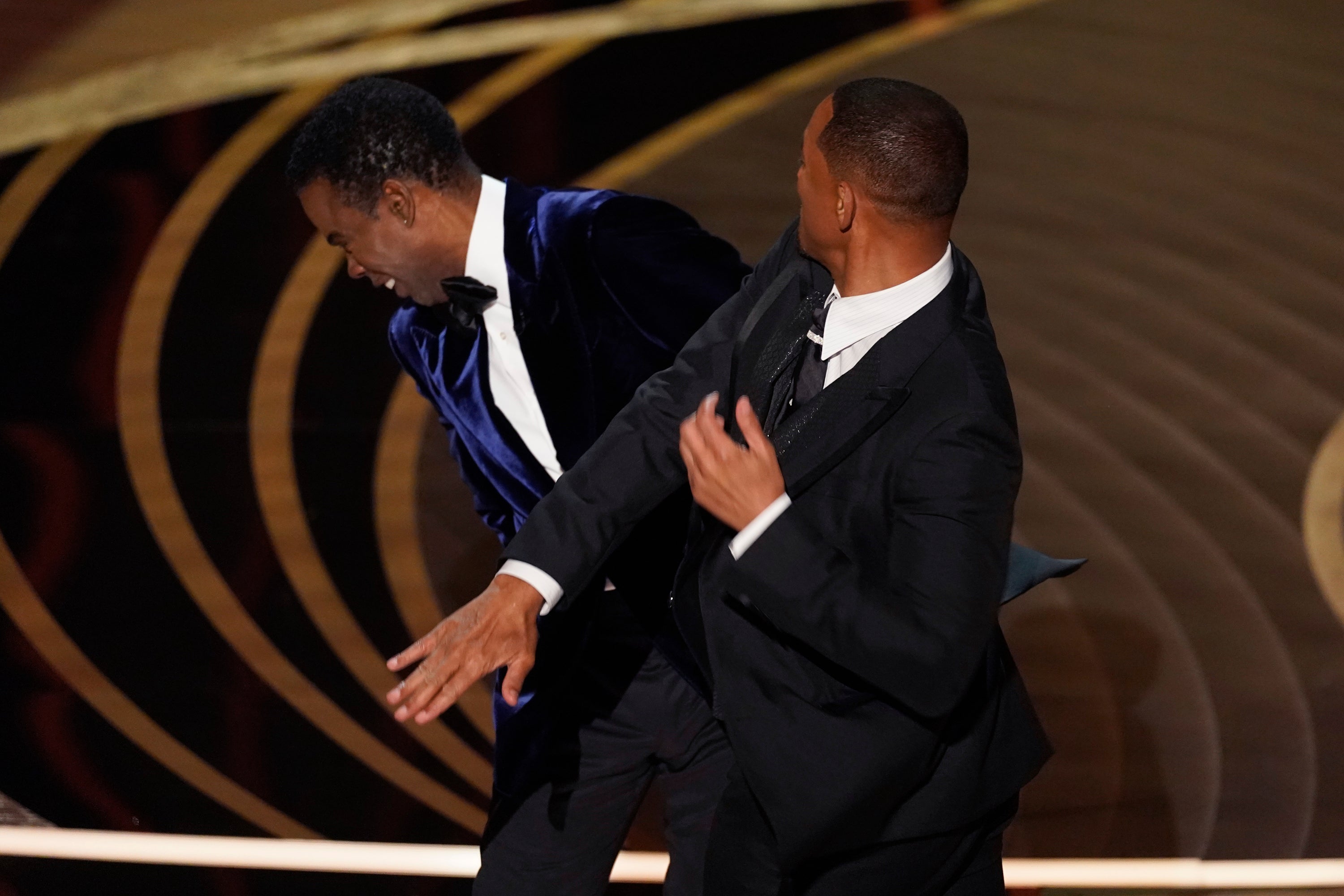
This is Southern Gothic storytelling on the grandest scale. Fuqua creates a hellish, nightmarish world in which danger lurks everywhere. The swamps are deadly but so are the plantations. In one of the film’s most disturbing scenes, Peter creeps into a mansion and finds corpses and critically wounded children in the drawing room, next to the harps and pianos.
Smith excels. This isn’t the charming, wisecracking Hollywood A-list star audiences know from Men in Black or Fresh Prince of Bel Air – or from 2021’s King Richard in which he memorably played the eccentric, but driven tennis dad of Venus and Serena Williams. It was a role that won him the Best Actor Oscar. Instead, he’s a scowling, scarred, saturnine figure who, in spite of his Christianity, has a vengeful streak. Fuqua makes heavy demands on him. He is lashed, beaten, caged, manacled and endlessly harangued.
Awards voters generally love performances like this in which big-name actors face extreme physical ordeals and have to endure deep psychological trauma. They also like redemption tales in which tarnished idols overcome setbacks in their personal or professional lives and deliver blistering performances in films with weighty themes. The star, then, should be an absolute shoo-in for Oscar recognition and perhaps a second consecutive Best Actor award. Smith, though, hasn’t been able to move on from “slap gate” as quickly as he or his distributors would have liked. As the scandal surrounding his Oscar night behaviour rumbles on, it’s far from guaranteed that he will secure even the nomination he deserves this time round.
Emancipation is filmed by its virtuoso cinematographer Robert Richardson – best known for his work with Quentin Tarantino and Martin Scorsese – in the same sepia tones as photographs from the Civil War era. The horrific battle late on invokes memories both of the Omaha Beach sequence in Saving Private Ryan and, uncomfortably, of moments in DW Griffith’s racist silent era epic Birth of a Nation (1915), likewise set during the American Civil War.
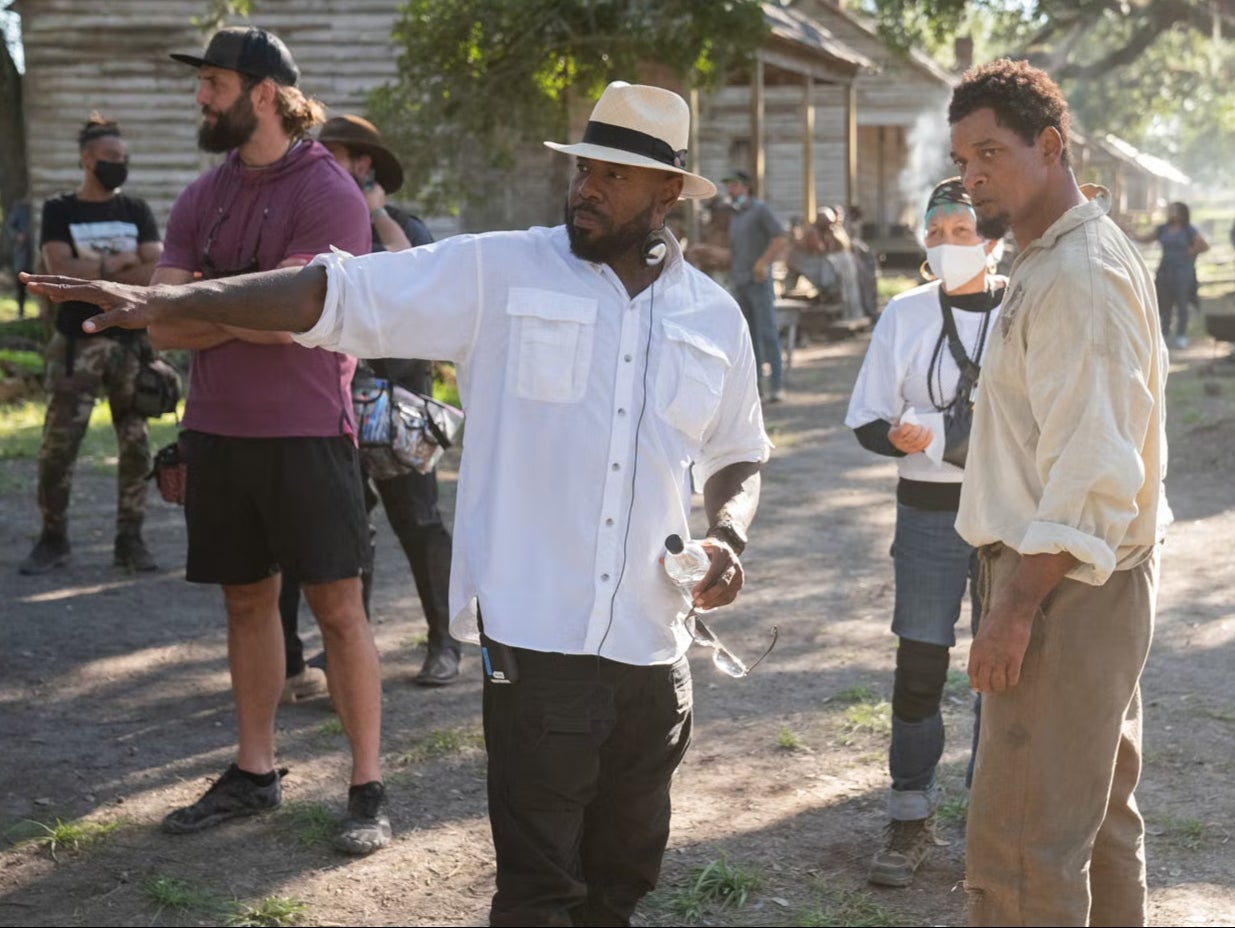
Inevitably, the moment in which Smith gets up close and personal with the alligator has been compared unfavourably to Leonardo DiCaprio’s equally intimate tangle with the bear in Revenant. He may manage to wriggle free but, off screen, in spite of his powerful performance, Smith simply can’t shake off the Oscar night scandal. He was in reflective mood at the film’s premiere a few days ago as he acknowledged that his collaborators are also being caught up in the flak.
“My greatest fear is that my team would be penalised for my actions,” the star told the Associated Press. That, though, is precisely what is happening. As the backlash against the actor continues, no one is paying much attention to Richardson’s brilliant cinematography, Fuqua’s bravura, if uneven, direction, or indeed to Smith’s performance.
Redemption, then, is proving elusive for Smith. In the run up to the launch of the film, he has been on what is being dubbed an extended “apology tour” striking a penitent note in interviews, talk shows and in red carpet encounters with the media. “If someone is not ready, I would absolutely respect that and allow them their space to not be ready,” he told the media, making it clear that he would understand if viewers bypassed Emancipation.
It was hardly a surprise, then, that when the film launched in a handful of cinemas in the US last week, it did slow business. Apple doesn’t release details of ticket sales, but the Hollywood Reporter wrote of a “muted showing” at the box office.
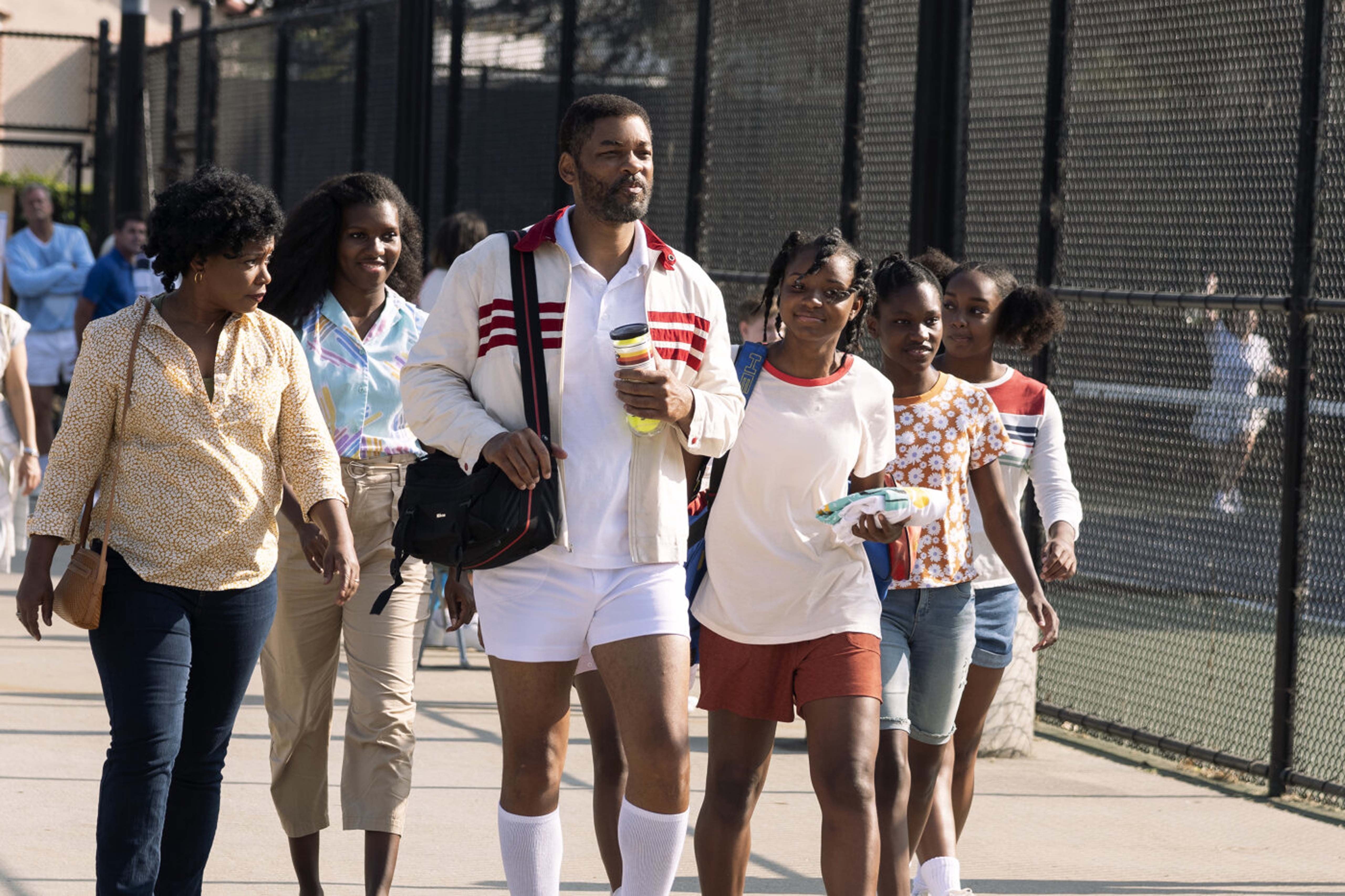
Even its detractors acknowledge, though, that this is an intense, well-made movie on an important subject which Hollywood has been unwilling to address in the past. There haven’t been many other Civil War movies made from the point of view of the slaves. Both Steve McQueen’s Twelve Years a Slave (2013) and Quentin Tarantino’s Django Unchained (2012) were set before the war began. Whether with Clark Gable and Vivien Leigh in Gone with the Wind or Jude Law and Nicole Kidman in Cold Mountain, the conflict has often been used as a backcloth for white romance. You’ll find none of that in Emancipation. Peter is determined to see his beloved wife (Charmaine Bingwa) and family again, but there are no Rhett Butler-like displays of old Southern gallantry here.
This could be a moment of opportunity for Smith, a chance to escape his old regime of comedies and action movies and re-invent himself. He was already becoming more adventurous in his choice of films. As Indiewire’s Thompson suggests, he took a chance with King Richard – “a very inexpensive movie” – directed by indie filmmaker, Reinaldo Marcus Green, who is yet to break through commercially.
There’s a suppressed fury in his performance as Peter that suggests he could make a terrifying villain if he was ever willing to play one. He has proved his mettle as a character actor. Now, he is in a position to tackle yet more complex and offbeat roles. Sadly, this isn’t likely to happen. “I don’t think he is going to take big gambles on small independent films or go off and work with Paul Thomas Anderson or anything like that,” Thompson predicts.
Why not? Smith isn’t just a movie actor. He’s a brand. According to Box Office Mojo, his films have grossed over $4b (£3.27b) in North America alone. He has an entourage of agents, managers, lawyers and advisors, all of whom have a vested interest in seeing him back in the blockbuster business. Smith has several potentially very lucrative projects in development, among them a remake of 1987’s Planes, Trains and Automobiles, in which he and Kevin Hart are slated to take the Steve Martin and John Candy roles, and another Bad Boys movie. No one wants to put those in jeopardy.
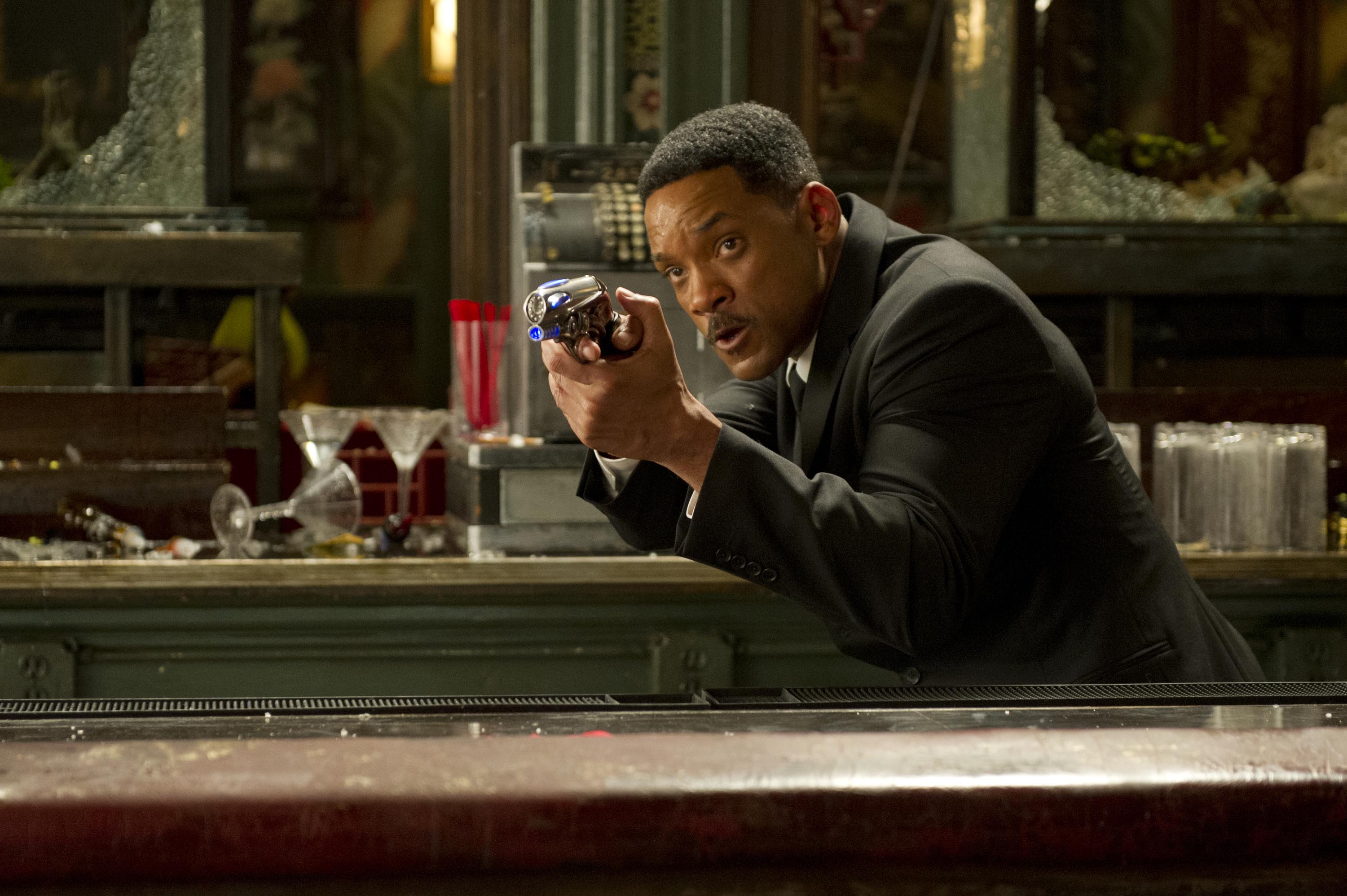
Emancipation isn’t the best film on which to test whether the star’s appeal is irrevocably dented, post-slap. It’s not an obvious crowd-pleaser and will only be seen briefly in cinemas anyway. What the film does make clear, though, is that Smith’s powers as an actor haven’t diminished in the slightest. He also has the same tenacity as his indomitable character in the movie. If, as many are predicting, Emancipation is ignored by the Oscar voters, it will spur Smith to work yet harder to win back the public’s trust – a process which is unlikely to take very long.
“My guess is that he still has a huge following and he is going to be fine. He still represents a huge, popular movie star with draw potential – the ability to pull people into movie theatres,” Thompson says.
That is what has always mattered most in Hollywood. The slap may still be on everybody’s minds now but, as long as audiences still want to buy tickets to see Smith on screen, its sting will soon be forgotten.
‘Emancipation’ is out in cinemas and on Apple TV+




Join our commenting forum
Join thought-provoking conversations, follow other Independent readers and see their replies
Comments